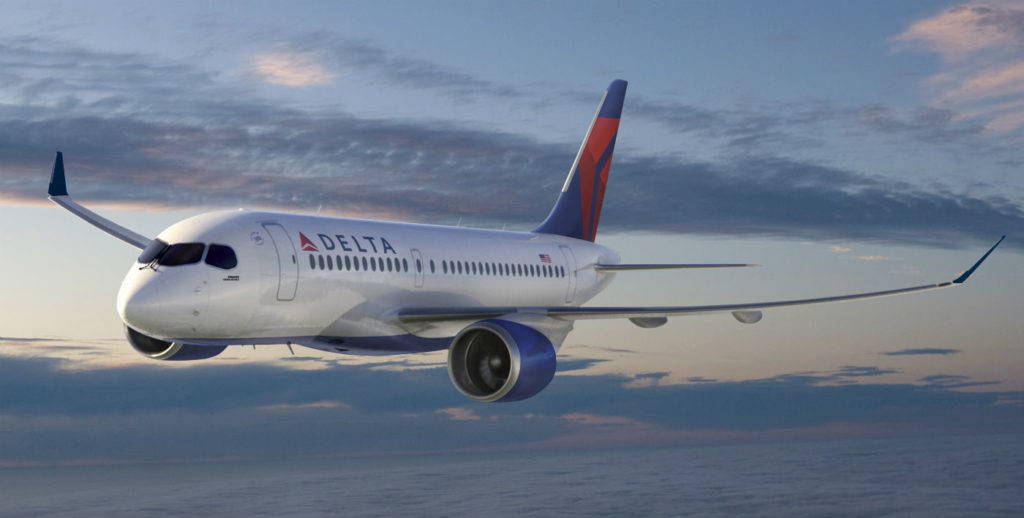Estimated reading time 4 minutes, 24 seconds.
Canada’s federal government is pushing back after a petition from Boeing alleged an “aggressive campaign” from Bombardier to dump its C Series aircraft on the United States market.

Boeing asked the U.S. Commerce Department on Thursday to investigate alleged subsidies and unfair pricing for the C Series, according to reports from Reuters and The Canadian Press.
That prompted objections from Ottawa, and a statement saying the federal government is confident its programs are consistent with Canada’s international obligations.
“The aerospace industries of Canada and the United States are highly integrated and companies on both sides of the border benefit from this close partnership,” the government said. “For example, many C Series suppliers are based in the United States and it is projected that more than 50 per cent of the components for the C Series, including the engine, will be supplied by American firms directly contributing to high quality jobs in that country.
“The C Series is a great example of how the North American industrial base can develop and produce a globally competitive product with industry-leading clean technologies.”
Boeing alleged in its petition that Bombardier offered its planes to Delta Air Lines at an “absurdly low” US$19.5 million each, Reuters reported. That’s well below what Boeing described as the aircraft’s production cost of US$33.2 million.
“Propelled by massive, supply creating and illegal government subsidies, Bombardier Inc. has embarked on an aggressive campaign to dump its C Series aircraft in the United States,” Boeing said in its petition, according to Reuters.
Bombardier and Delta announced in May 2016 they had executed a firm agreement for the sale and purchase of 75 CS100 aircraft with options for an additional 50 CS100 aircraft.
Bombardier said in a press release at the time that Delta may elect to convert a number of these aircraft into CS300 aircraft at a later date. Based on the list price of the CS100, the firm order was valued at about US$5.6 billion.
Boeing’s 737-700 is similar in size and has a list price of US$83.4 million, with the new 737-MAX 7 priced at US$92.2 million, Reuters reported. Sales discounts from list prices are typically 40 to 50 per cent in the industry, the news agency said.
Boeing pointed to hefty investments from the governments of Canada, Quebec and Britain, as well as Quebec’s largest pension fund, arguing the C Series program would not exist without them.
But both Canada’s federal government and Bombardier countered by pointing to the company’s presence in the U.S., across its aerospace and transportation divisions.
“Bombardier is deeply invested in the U.S. economy, with about 7,000 employees in dozens of facilities in both rail and aerospace across 17 states,” the company said in a statement. “Bombardier spends about $3 billion annually with U.S. suppliers across 48 states, generating U.S. jobs.”
The company also said it is closely reviewing Boeing’s filing with the U.S. Department of Commerce and the International Trade Commission.
“Bombardier structures its commercial dealings to ensure compliance with the laws and regulations of the jurisdictions in which we operate, including those issues raised by Boeing,” the company said.
Canada’s federal government added it will mount a “vigorous defence against these allegations and stand up for aerospace jobs on both sides of the border.”
The government said Bombardier works with more than 2,000 suppliers headquartered in states across the U.S., generating thousands of well-paid, high-tech American jobs.








